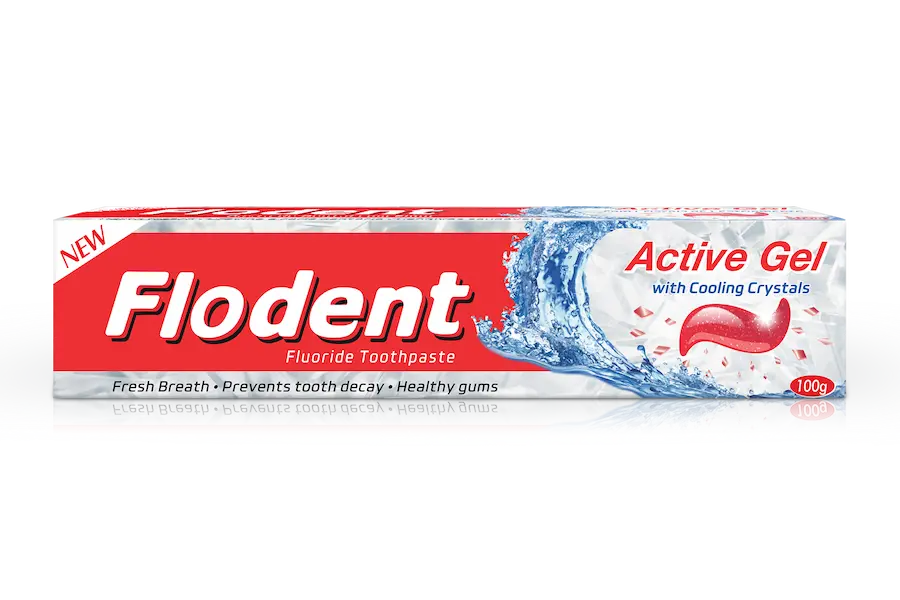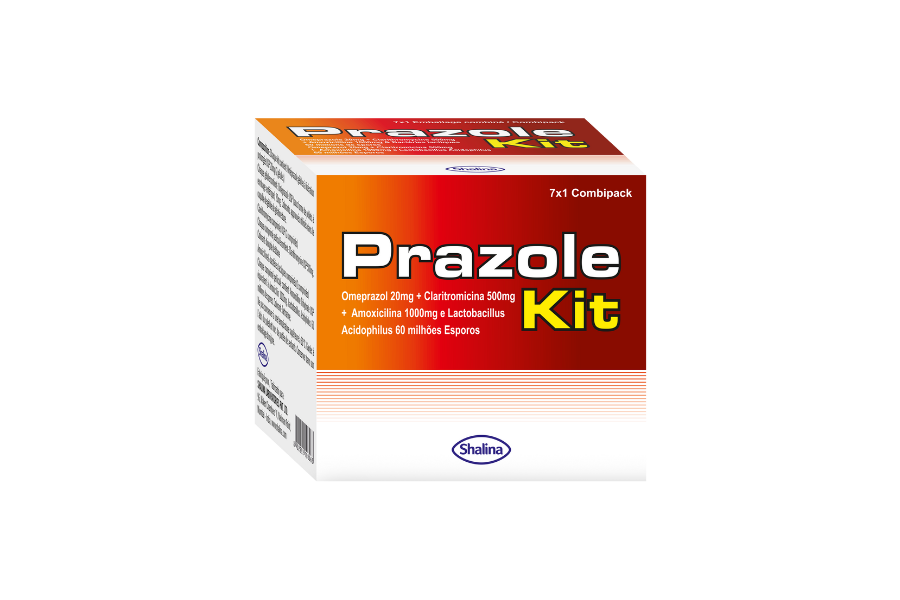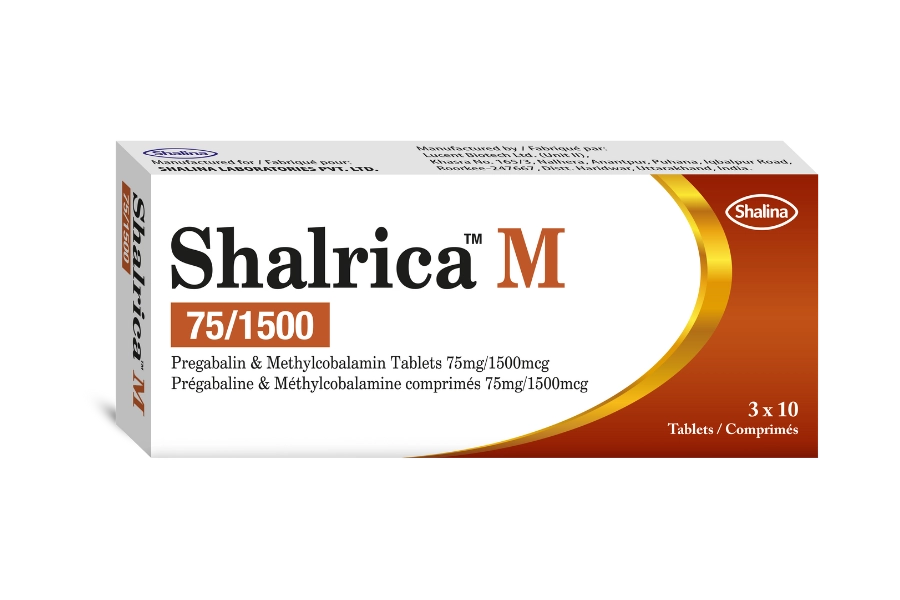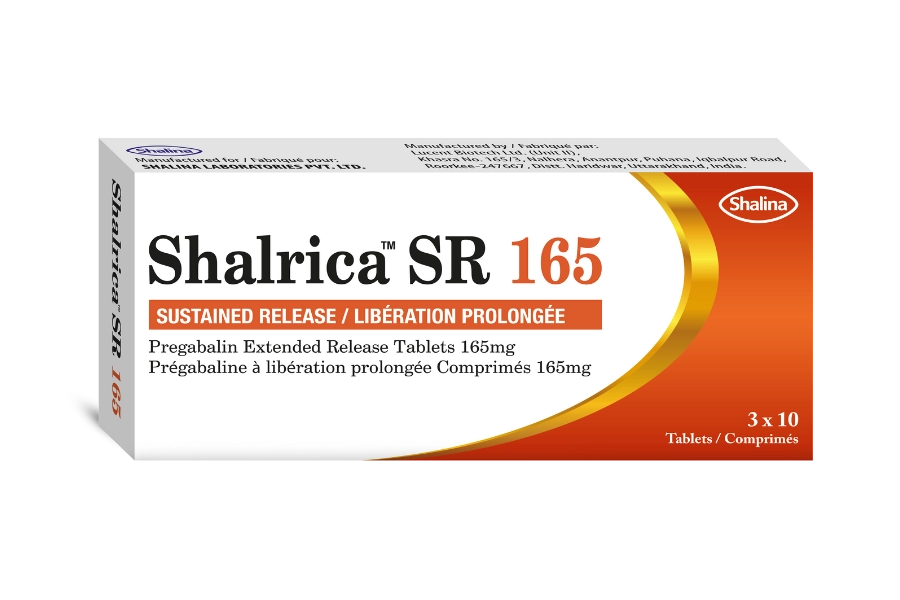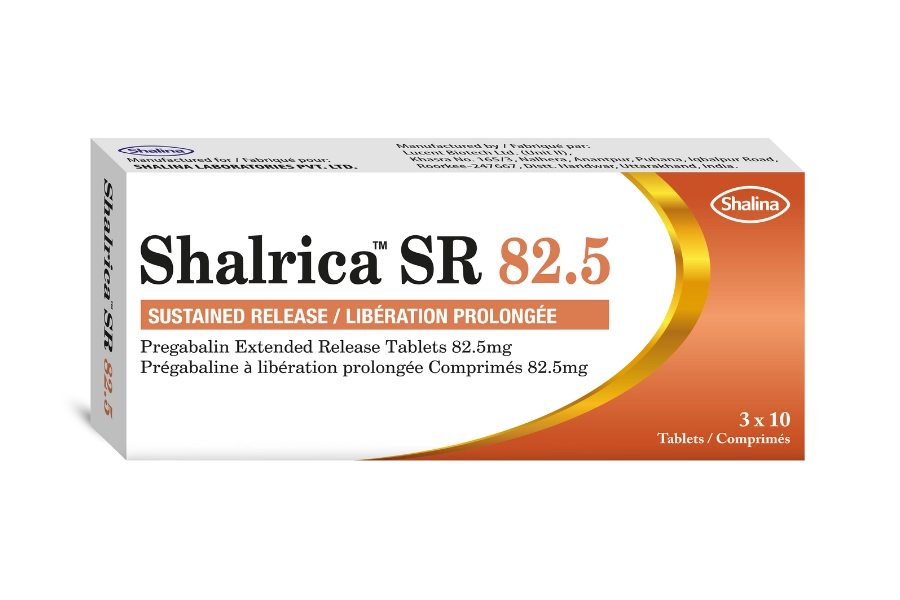- Vaginal Infections
Vaginal infections like bacterial vaginosis or yeast infections can cause itching, discharge, and odour changes. While some are mild, others, like BV, may need antibiotics. Watch for persistent symptoms or changes after sex or menstruation. See a healthcare provider for diagnosis and treatment. Good hygiene and safe sex practices help prevent recurrence. - Urinary Tract Infections (UTIs)
UTIs happen when bacteria enter the urinary tract, causing burning during urination, frequent urges, or lower belly pain. Untreated UTIs can lead to kidney infections. Drink plenty of water, practise good hygiene, and seek medical advice promptly. Most UTIs need antibiotics for full recovery. - Pelvic Inflammatory Disease (PID)
PID is an infection of the reproductive organs, often from untreated STIs like chlamydia. It can lead to infertility and chronic pelvic pain. Symptoms include pelvic pain, unusual discharge, fever, and pain during sex. Seek medical care immediately — antibiotics are required to prevent long-term complications. - Anaemia
Anaemia, often from low iron, causes fatigue, weakness, and dizziness. Heavy periods and poor diet are common triggers in women. Long-term anaemia can affect heart health and concentration. Eat iron-rich foods, take supplements if prescribed, and address underlying causes with your healthcare provider. - Diabetes
Diabetes affects how your body uses sugar, leading to high blood sugar levels. In women, it can cause frequent infections, slow healing, and complications in pregnancy. Watch for increased thirst, urination, and fatigue. Healthy eating, exercise, and regular screening help manage risks — treatment may include medication. - Heart Health
Heart disease is a leading cause of death in women, yet symptoms can be subtle, like nausea, fatigue, or jaw pain. Risks increase with high blood pressure, diabetes, or smoking. Know your numbers, stay active, eat well, and seek urgent care if symptoms appear. - Osteoporosis
Osteoporosis weakens bones, making them more likely to break, especially after menopause when oestrogen drops. It often has no symptoms until a fracture occurs. Maintain strong bones with calcium, vitamin D, weight-bearing exercise, and avoiding smoking or excessive alcohol. Regular screening after midlife is important.
References
https://www.afro.who.int/health-topics/womens-health
https://pmc.ncbi.nlm.nih.gov/articles/PMC10544469/
https://my.clevelandclinic.org/health/diseases/17645-women–cardiovascular-disease
https://www.mayoclinic.org/diseases-conditions/urinary-tract-infection/symptoms-causes/syc-20353447#
https://www.healthline.com/health/diabetes/symptoms-in-women#
https://www.nia.nih.gov/health/osteoporosis/osteoporosis












